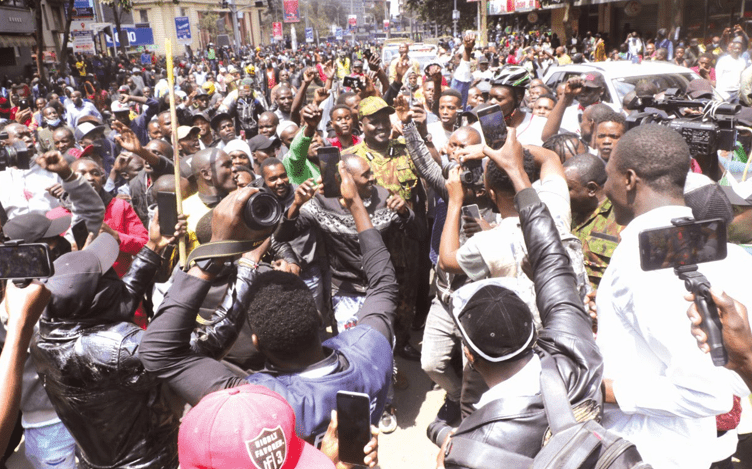After protests, our leaders back to default settings

A new wave of political consciousness has brought us to this very interesting discussion around the Build, Operate and Transfer (BOT) model of public-private partnerships (PPP) and the Adani Group controversy.
It does seem that the political class is yet to realise that the public is a lot more conscious of what the government is doing and will always put everything under a microscope of accountability.
It is now in the public domain that the counsel given to the Establishment vouched for an open tendering process – considered the best international practice. Moreover, procurement regulations also prescribe open tendering as the foremost method in any PPP.
Therefore, Adani’s preference for a privately-initiated deal and vehement opposition to an open tender ing process is the first red flag.
For a legacy project that is probably coming a few years earlier than its expected efficacy, the argument advanced by Adani that an open tendering process would be a waste of time is probably a big fishy joke. Whose time and in whose interest are we rushing against time, especially when Adani’s proposal starts with refurbishment and not capital investment.
Well, it is true what both the establishment and Adani are saying – that a privately initiated deal in a PPP “allows terms beyond financial aspects, ensuring citizen welfare”. If this was done in the interest of the public, then there wouldn’t be a need to keep the deal under wraps. If there is a greater benefit to the greater number of citizens, then it would definitely be in the interest of both the regime and Adani to make noise. The regime would have a big deal of a campaign war chest if they got such a big project that benefits the public. For Adani, prominently flaunting what their deal has in store for Kenyans would pave the way for a very positive reception.
And so, what is in Adani’s privately initiated deal? But most importantly what is it about voters that makes us elect leaders whose delivery doesn’t attend to such wanton violation of the power we bestow on them?
You see, in case the leadership of this country forgets, the June 25th insurrection at Parliament was a wake-up call. Thereafter, senators, led by Majority Leader Aaron Cheruiyot, waxed lyrical and one would have thought that finally they had been jolted to think of public interest above parochial partisan loyalties. Wrong. Other than Senator Richard Momoima Onyonka, who has remained indefatigable, the rest seem to have gone to the default mode of self-interest and party interest as the plunder continues.
It is insane where our priorities are as a nation. Our elected leaders are not only doing the establishment’s bidding in legislation, but have also abrogated their responsibilities as representatives of the people and oversight role. How come it is the public and the media at the forefront of exposing fishy deals like the Adani-JKIA pact. It is tough questions from the public that led to Parliament acting, and even then, it does seem that there could be a path to sanitising the deal rather than to hold the people involved accountable.
Well, it might not be that bad that the leadership has gone AWOL on the Adani controversy, the tragedy in our schools and many other issues keep recurring. But how do we explain the active role leaders have taken in aligning themselves to certain political figures as kingpins. It is ludicrous that now that we have a broad-based government, the infighting has become savage. Parents are losing their sons and daughters, the public faces the possibility of losing our strategic national assets, and all the 40-plus leaders congregate to do is shift allegiance from one selfish leader to another as they seek to consolidate their powers and protect their privileged positions.
-The writer is a PhD student in Political communication












